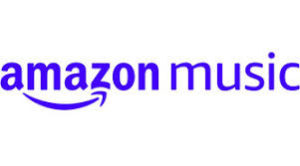In paper number 2 I will be writing about episode number 5 of “Ways of Hearing”, titled “Power” by Damon Krukowski. In episode 5, Krukowski talks about the power companies have over music and our interests altogether. Companies use algorithms to try and give suggestions based on our personal interests. These algorithms are made by collecting the user’s personal data. As helpful as this might seem, it’s concerning to think about the amount of information these companies have and what they can do with it. Many of these companies sell your information to others, who may start to target you with ads and other suggestions you may not want to get.

 There are different sounds around us that we hear through our ears. Our ears are able to hear different frequencies such as loud or weak, quiet or noisy sounds. One of those sounds is music. We hear music in our televisions, phones, computers and so on. Music changes our feelings helps us relax and etc. Many of us are very fond of listening to music for this, we are even willing to pay for them today; Most artists compose music and these music companies such as YouTube iTunes buy and sell them to ordinary people. Those big companies and artists themselves earn money through music. In my Paper2 I want to analyze a
There are different sounds around us that we hear through our ears. Our ears are able to hear different frequencies such as loud or weak, quiet or noisy sounds. One of those sounds is music. We hear music in our televisions, phones, computers and so on. Music changes our feelings helps us relax and etc. Many of us are very fond of listening to music for this, we are even willing to pay for them today; Most artists compose music and these music companies such as YouTube iTunes buy and sell them to ordinary people. Those big companies and artists themselves earn money through music. In my Paper2 I want to analyze a 

